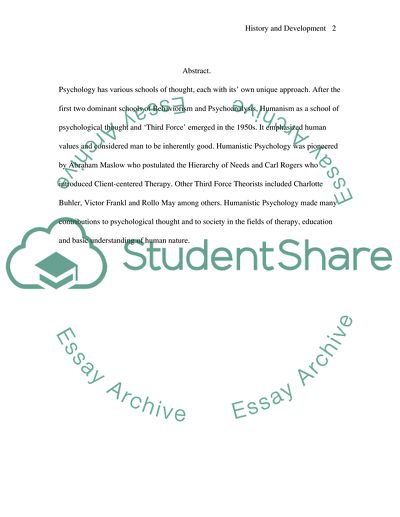Cite this document
(“History and development of the humanistic school of psychological Essay”, n.d.)
History and development of the humanistic school of psychological Essay. Retrieved from https://studentshare.org/psychology/1537821-history-and-development-of-the-humanistic-school-of-psychological-thought
History and development of the humanistic school of psychological Essay. Retrieved from https://studentshare.org/psychology/1537821-history-and-development-of-the-humanistic-school-of-psychological-thought
(History and Development of the Humanistic School of Psychological Essay)
History and Development of the Humanistic School of Psychological Essay. https://studentshare.org/psychology/1537821-history-and-development-of-the-humanistic-school-of-psychological-thought.
History and Development of the Humanistic School of Psychological Essay. https://studentshare.org/psychology/1537821-history-and-development-of-the-humanistic-school-of-psychological-thought.
“History and Development of the Humanistic School of Psychological Essay”, n.d. https://studentshare.org/psychology/1537821-history-and-development-of-the-humanistic-school-of-psychological-thought.


